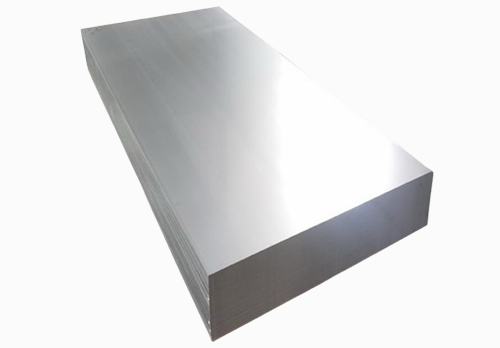
When titanium and titanium alloys are welded, the protection requirements are very strict. When the carbon content of the weld is 0.55%, the weld plasticity almost disappears and becomes very brittle material. Post weld heat treatment cannot eliminate this brittleness.
There are many elements in titanium alloys, which have an impact on the physical properties of titanium. Carbon is a common impurity in titanium and titanium alloys. When the carbon content is below 0.13%, the plasticity is slightly reduced, but the effect is not as strong as that of oxygen and nitrogen. However, when the carbon content in the weld is further increased, the number of mesh TiC in the weld increases with the increase of carbon content, resulting in a sharp decline in weld plasticity, and cracks are prone to appear under the action of welding stress.
The weld defect of titanium pipe is because the argon gas maintenance layer formed by argon arc welding gun can only maintain the welding pool from the harmful effect of air during titanium pipe welding.
However, it has no protective effect on the solidified weld and its surrounding area near the high-temperature state, while the titanium pipe weld and its surrounding area in this state still have a strong ability to absorb nitrogen and oxygen in the air.
Oxygen is absorbed from 400 ℃, and nitrogen is absorbed from 600 ℃. The air contains a lot of nitrogen and oxygen. With the increasing of oxidation level, the weld color of titanium tube changes and the weld plasticity decreases.
Silver white (no oxidation) golden yellow (TiO2, titanium begins to absorb hydrogen at about 250 ℃. Slightly oxidized) blue (Ti2O3 oxidation is slightly serious) gray (TiO2 oxidation is serious).
1. Impact of carbon
Titanium and titanium alloys are relatively stable, but in the welding process, at room temperature. Liquid droplets and molten pool metal have strong absorption of hydrogen, oxygen and nitrogen, and in the solid state, these gases have interacted with them.
With the increase of temperature, the ability of titanium and titanium alloys to absorb hydrogen, oxygen and nitrogen also increases significantly. Titanium begins to absorb hydrogen at about 250 ℃, oxygen at 400 ℃, and nitrogen at 600 ℃. After these gases are absorbed, they will directly cause weld joint embrittlement, which is an important factor affecting welding quality.
2. Hydrogen is the influence
The main reason is that with the increase of hydrogen content, hydrogen is a serious factor affecting the mechanical properties of titanium in gas impurities. The change of weld hydrogen content has a significant impact on weld impact properties.
The content of this article comes from the network. If you have any questions, please contact me to delete it!

